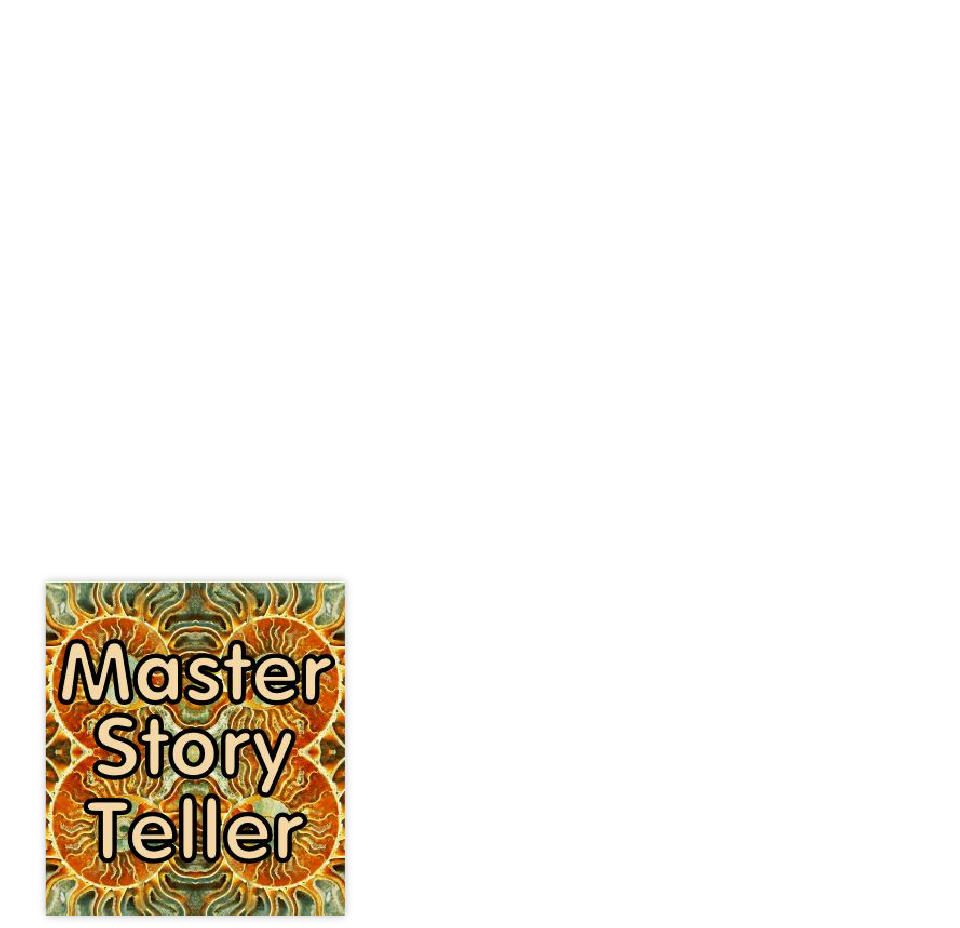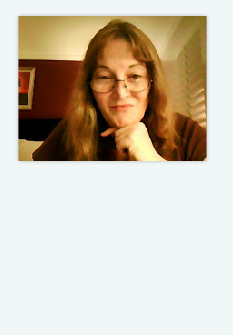





Melanie Anne Phillips
Creator of StoryWeaver, Co-creator of Dramatica, and designer of the Master Storyteller Method.
 Visit Our Store
Visit Our Store
Free, zippo, nada
gratis, on the house
$100 Complete
$100 / Hour


StoryWeaver and Dramatica
Two of the products designed / co-designed by Melanie Anne Phillips.





Copyright © Melanie Anne Phillips. Creator, StoryWeaver ~ Co-creator, Dramatica
Develop your story with…

If you’ve never written a story before, or if you’ve never completed one to your satisfaction, the “secret formula” that enables an author to create a successful novel, short story, screenplay or stage play may seem elusive, almost unknowable.
The whole prospect appears to have no rhyme nor reason and comes off as being an endeavor of pure creative will in the midst of a chaotic collection of story elements loosely identified as characters, plot, theme and genre.
If you have felt overwhelmed and unsure of how to begin, how to proceed, or how to complete, fear not. In this short article I will clarify the purpose, the process and the product of choosing to write a story.
The Purpose
Why do you want to write a story? It may seem trite to ask, but in practice, many novice authors lose sight of why they wanted to write a story, or perhaps this particular story in the first place. When this happens, the whole effort loses its motivation and its joy and becomes a tedious task of obligation rather than fulfillment.
Even if you think you know why you want to write a story (or even to be a writer at all), it is easy to mistake your motivations for your purposes. For example, if you ask one author why he or she writes, the answer might be, “To make people laugh,” or “To author the next big Hollywood blockbuster,” or “To give people a chance to shed their pain through empathy with my characters,” or “To work out personal issues by telling a story about them.”
Of all four examples above, the first three are purposes, but the last one is a motivation. A purpose is what you are trying to achieve. A motivation is why you are trying to achieve it - what will it do for you. So, in the first example, “To make people laugh,” an author should ask himself or herself, “Why do I want to make people laugh, and is writing the best way to do that?”
This may seem very basic - perhaps so fundamental that it is not even worthwhile asking. But keep in mind that for any given motivation there may be many purposes that might fulfill it. Just as for any given purpose, there may be many different motivations that might lead to the very same goal.
The point of all this is that avoid losing motivation, you need to identify your motivation. Simply put, what do you expect a successfully completed purpose will do for you, personally? Will it unburden your soul? Will it give you the satisfaction of sharing with others? Will it impress people and make you feel more important? Will it satisfy a need to create something perfect in an imperfect world?
The better you understand your reasons (and there may well be more than one), the better you can serve them. And if, during the long and sometimes arduous process of writing, you are able to keep in touch with your true reasons and also the purposes you hope to achieve, you will find that your motivation to write does not fade or dissipate along the way but remains strong enough to carry you to completion driven by true emotions, not by false justifications, obligations or commitments.
The Process
Based on the information generally available, it may seem to a novice writer as if there is a magic pathway to get from the motivation to write to a finished story in whatever is the medium of choice. It feels as if one could just learn the secret method used by J. K. Rowling or Stephen King or James Patterson, Clive Cussler, Agatha Christie or any of the best-selling authors who write in the genre you prefer, well then, armed with that approach you can achieve the same results.
But the truth is, no two authors use the same process. And another truth is that successful authors who share their process discovered it by accident in the first place and didn’t really understand it until they tried to explain it to others.
There is no single process by which the motivation to write becomes a finished product.
The most important thing is that you find the approach that is most harmonious to the way you create, the way you think: a process that works with your motivation, not against it, so that your reasons for writing a story are in sync with manner in which you work to achieve that.
Many authors like to start with a general setting or concept and run it around in their heads for a while. The more they think about it, the more they get the occasional inspiration for a bit of dialog, a moment of action, or a philosophical point they’d like to explore. They catalog these is a notebook of ideas, on their smart phones, in a blog, on index cards on the wall, or in a software tool that helps them organize and cross-reference connections among their ideas.
Others like to being with whatever single inspiration gave them an idea there might be a story here (a news article, something someone said in a cafe, a meme posted on the Internet) and then let the stream of consciousness propel them forward as one idea suggests the next in a meandering path of sequential connections.
Some authors like to work everything out in advance - researching material pertinent to their story, fashioning chats and graphs to develop their plots, building their characters from their functions first - protagonist, sidekick etc. - and only then giving each a personality, physical characteristics and back stories of how they came to be the people they are.
And there are authors who do just the reverse, beginning with personalities, building back stories, then seeing how those histories might cause them to interact, share a goal, and conflict in the attempt to achieve it.
The point is, that if you already have a successful method, there is no need to change it. If you have an app;roach that is comfortable, like an old shoe, and when you put it on the words just flow, then for God’s sake don’t screw with it. Count yourself among the lucky ones. But if you have never found a means of building a story, even when strongly motivated, then read about how other writers have done it. Focus not necessarily on writers in your favored genre, but those whose personalities you like or feel akin to, as that has more to do with sharing a style than the subject matter does.
But do not try to emulate any single author. Rather, pick and choose techniques from many different processes from many different authors. You may find that one writer’s trick for inspiration is best for you, but another author’s approach to building a plot is best. You do not have to match anyone else but do draw on everyone else, like selecting items in a grocery store, to concoct just the process you need to carry you from the desire to write to being able to say, “I have written.”
The Product
While most novice writers know the medium in which they would like to work (short story, book, screenplay, stage play, for example) this choice can really be a predetermination of what might best satisfy one’s purpose or that the process, as seen from not yet having engaged in it, would be the easiest or most enjoyable.
Fact is, you really can’t tell how you will like working in a particular medium until you try. Some authors have a real knack for short form, while other can spin a yarn into a tapestry of intricate patterns. The first advice then is to give each a shot - not to write a whole story in each medium, but to write a few pages in each. In this manner, you may discover that one format draws out your Muse while the others are far less inspiring. Naturally, you can translate from any medium to any other. So, even if you end product (for whatever reasons) need to be on a particular medium, you may find that initially developing it in your most inspiring medium is the best way to work it out.
You may wish to consider personal journaling as a means of developing your story. For some authors who just wish to work out personal issue, simply keeping a blog or writing privately in a chronicle of their daily thoughts and feelings is the best way to see larger, overarching truths and resolve internal inequities, learn to forgive, or put chaotic events in perspective.
Authors who are older and may feel they might be forgotten after they have gone may find that writing a tome to their children or grandchildren may provide a sense of peace that the truth of who they are and who they have been will remain with those they love.
But even a fiction author can take advantage of personal journaling to develop a story in first person through the words of a character who is relating the events of a period of his life. All the Sherlock Holmes stories are the personal journals of Dr. Watson. Edgar Rice Burroughs’ John Carter of Mars is a series of books written in the first person, and even Moby Dick begins, “Call me Ishmael,” as the main character begins his tale of the hapless, obsessed Ahab.
Nonetheless, for most beginning writers, it is a novel or a screenplay - or more accurately, the preconception of what it would be like to have written a novel or screenplay - that is the most compelling draw to put words to page. Therefore, it is prudent to ask yourself if you really like writing, or just want to be a writer.
The writerly life can be very appealing - celebrity (at least niche celebrity), book signings, a regular income from royalties, the grand feeling of having invented beloved characters or being revered for the cleverness of one’s plot machinations - all these and more are the baubles awaiting the accomplished authors.
Still and all, there is a big difference between being a writer and doing writing. Perhaps you have heard the famous quote, “I hate to write; I like having written.” This is attributed to many famous authors from Ernest Hemingway to Dorothy Parker. Perhaps the reason it is attached to so many writers is that one can see it applying to just about any writer.
The fact is, writing - especially the writing of fiction - is often an arduous task, full of frustration, anxiety and mental pressure. And forcing oneself to buckle down, put nose to grindstone, and crank out the words no matter what is the norm, rather than the exception.
Me, I’ve written fiction and non-fiction and I have created stories and published journals of my life experiences. Through this I have found that, for me specifically, writing about my life experiences or constructing articles such as this one about the psychology of narrative allows the words to flow without ever encountering writer’s block or being stuck for something to say.
But in writing a screenplay or a novel? Well, suffice it to say I simply don’t do that any more. I find that (again, for me personally) I don’t feel the joy at having completed a fiction - including all the positive trapping that go with it - is simply not worth the suffering I go through to get there, especially when this form of writing right here is so fulfilling (to teach) and so easy (just one word after another).
Point being that each novice author would do well to consider the most comfortable medium in which to work, the kind of product that most amplifies inspiration, and to consider whether one is attracted, in truth, to the writer’s life or the writing life.
In Summary and Conclusion
There is no right or wrong reason to want to write. It is self-justifying. There is no right or wrong way to write. It is self determining. There is no right or wrong medium in which to write. It all depends on what you are trying to achieve.
In short, learn and keep touch with your Purpose, explore and construct your own Process, and build your own Product according to your own needs and specifications.
by Melanie Anne Phillips